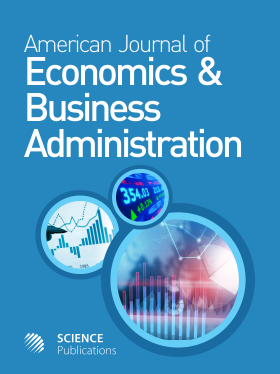Trade Externalities of Agricultural Subsidies and World Trade Organization
- 1 KIIT University, India
Abstract
Problem statement: Almost every country is spending a large proportion of its income on agricultural subsidies; still the agricultural farmers of developing countries are unable to compete globally. There is increase in dependence on food imports, and a decline in food self-reliance. The aim and objectives of this study is to highlight the multiplex nature and enormity of the trade externalities of agricultural subsidies. Approach: To understand the issues and process clearly, reference has been made to GATT Agreements, WTO Agreements on Agriculture and Subsidies, policies of different countries in this regard, scholarly writings on the subject and the cases related to it. Doctrinaire methodology, which includes analytical, descriptive and comparative method, has been followed in this study. Results: Agricultural subsidies are cardinal facet of agriculture and have a major role to play in international trade. Even after separate Agreements on Agriculture and Subsidies, the World Trade Organization still failed in minimizing agricultural subsidies. Conclusion: The developing countries should unite and cooperate among themselves, which may help in advancing the cause of their own and scaling down agricultural subsidies, which has become a stumbling block to efforts to dismantle international trade barriers.
DOI: https://doi.org/10.3844/ajebasp.2009.225.231

- 4,762 Views
- 3,755 Downloads
- 6 Citations
Download
Keywords
- Agricultural subsidies
- trade
- trade externalities
- WTO
- Doha round
